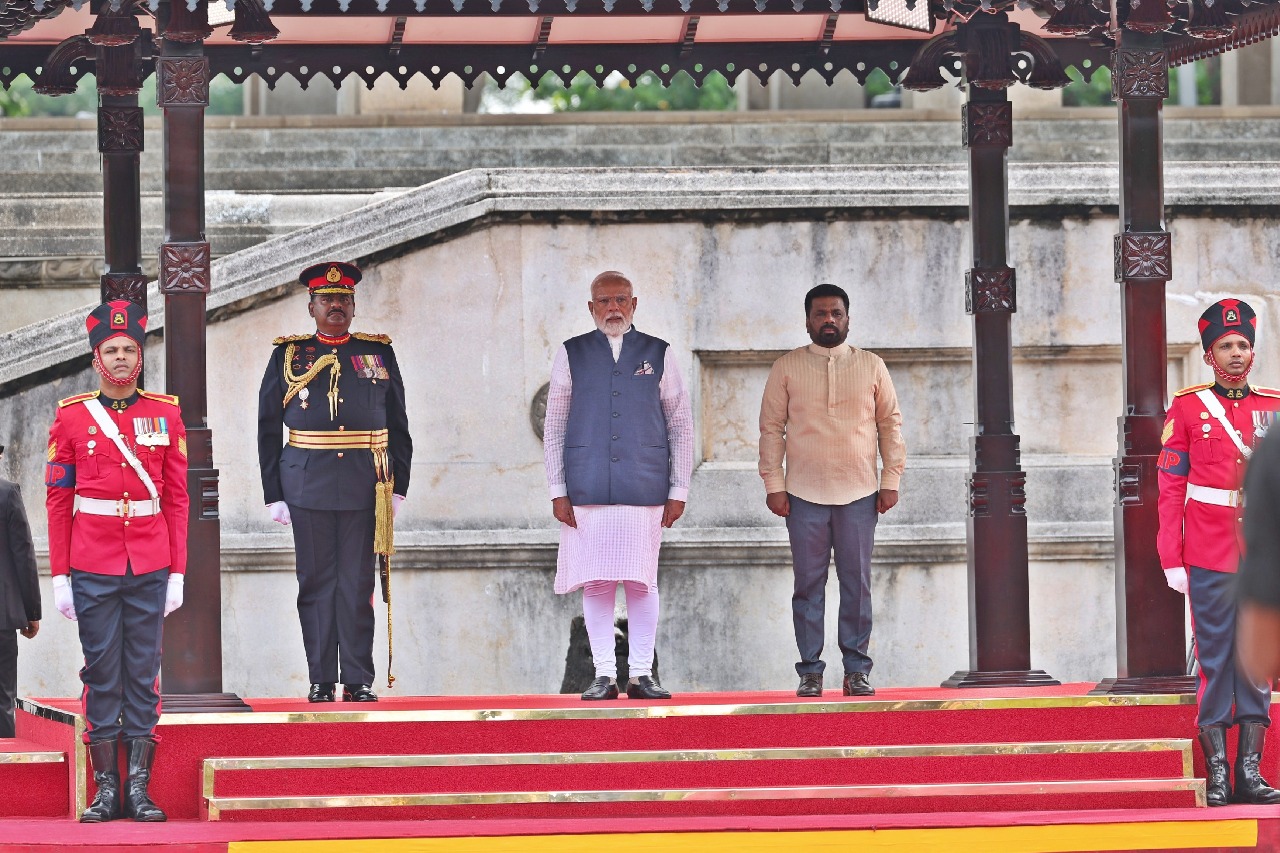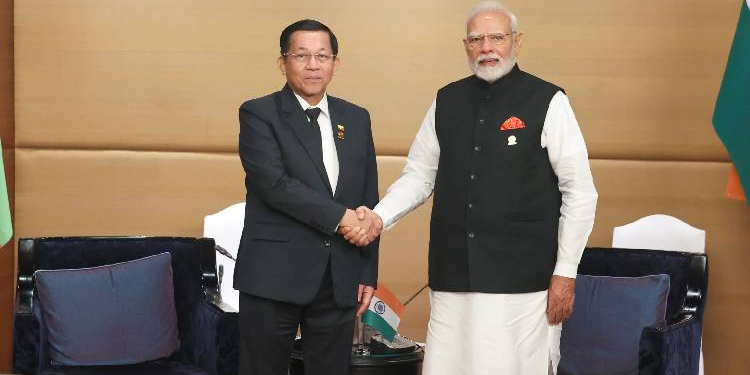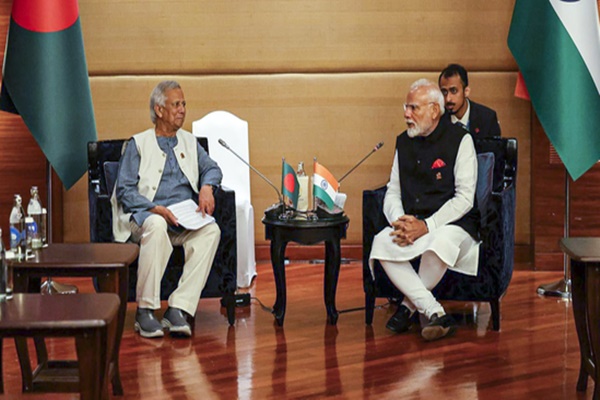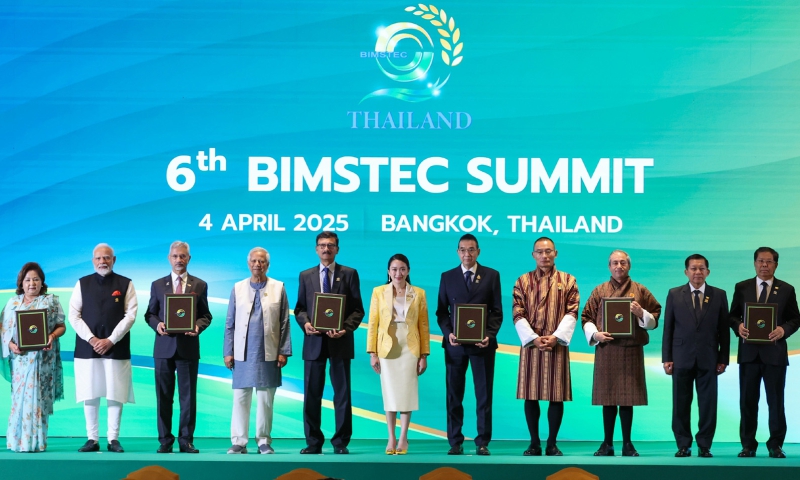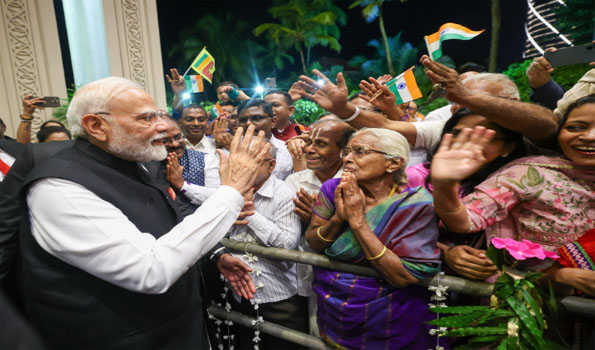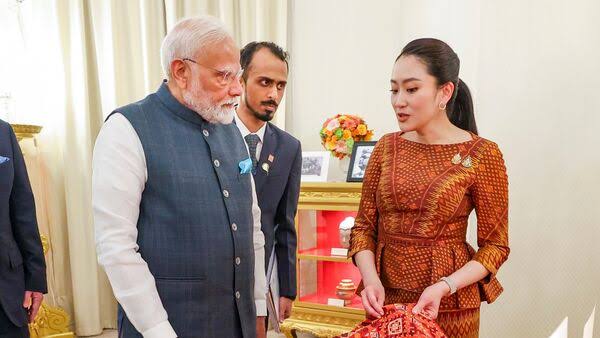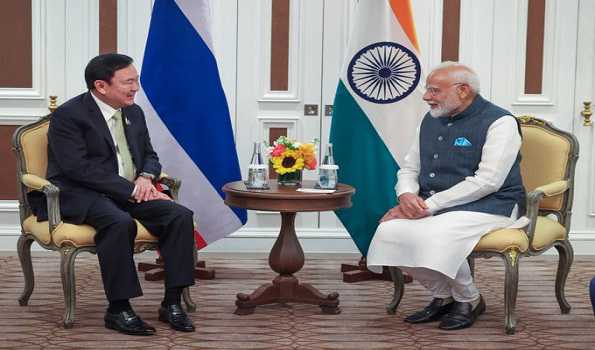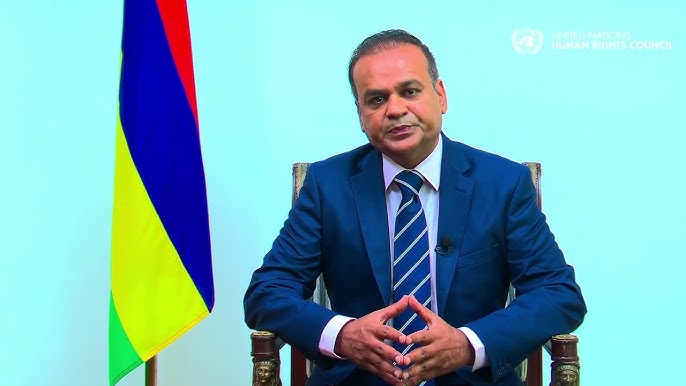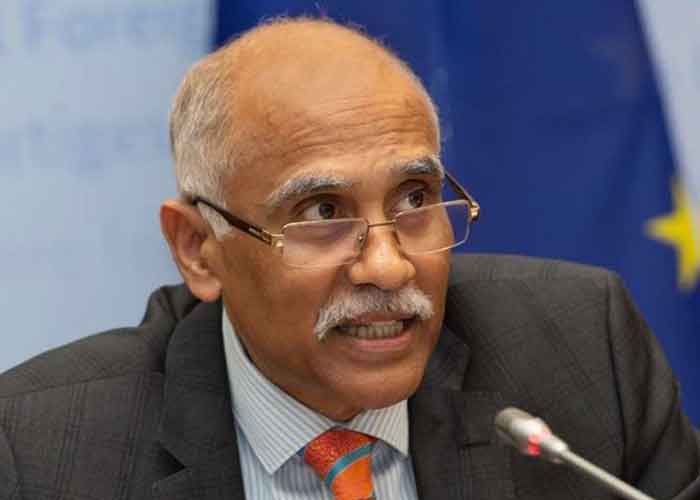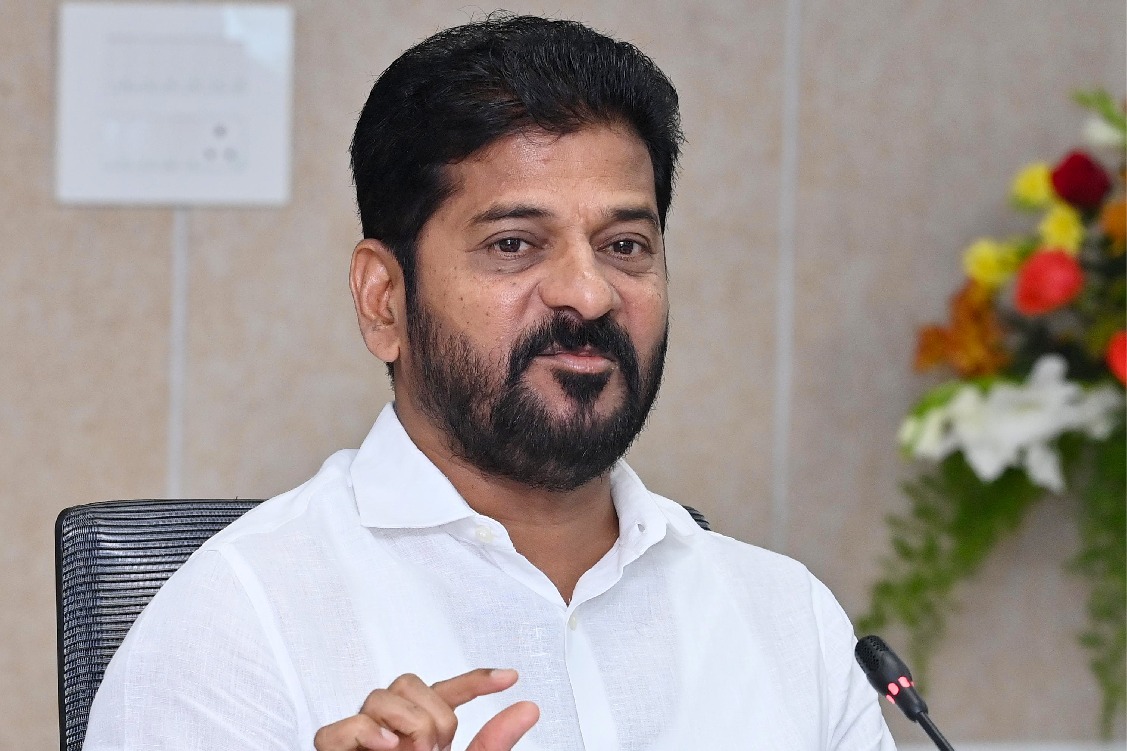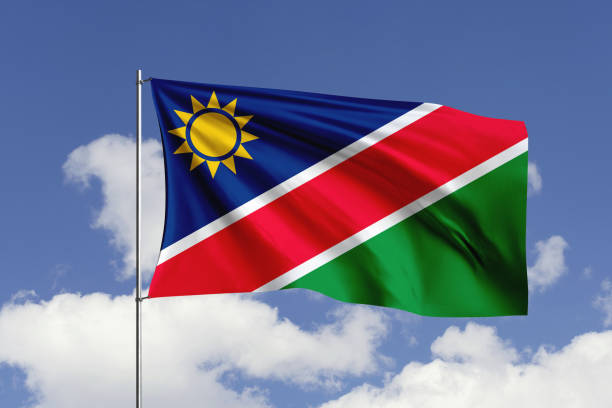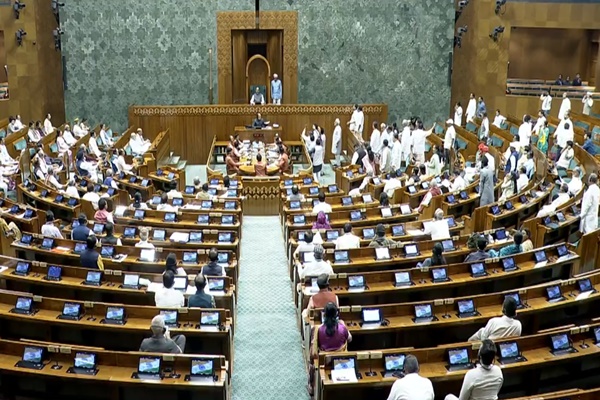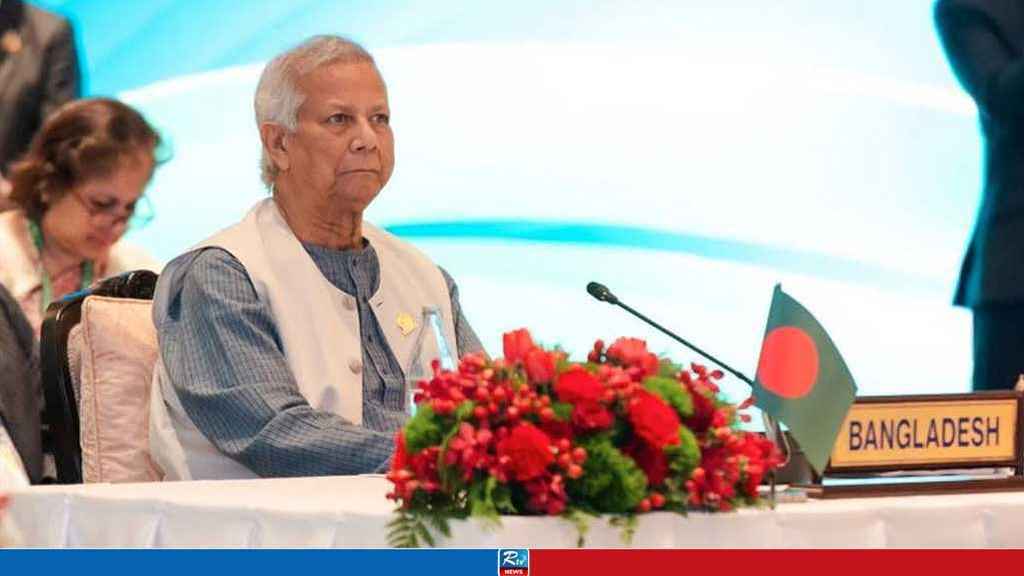Women's Day: People world over feel biggest challenge facing women is finding jobs
Tue 07 Mar 2017, 18:50:06

The world would be a better place for women if they had access to more and better quality jobs, according to a street survey of women and men in 10 countries in Europe, the Americas, Africa and Asia.
Ahead of International Women's Day on March 8, the Thomson Reuters Foundation asked about 100 people in Britain, Italy, the United States, Ethiopia, Kenya, Senegal, India, Thailand, Brazil and Colombia what they saw as the biggest challenge for women.
The answers varied from concerns over violence against women to an unfair share of housework but the overwhelming concern was employment - that women should have equal access to jobs, equal pay, and the flexibility to juggle work with raising children.
"For any woman having a better life means having a good job. This will make life better - a job and a salary to take care of herself and her dependents," said Yolradee Saiemi, 44, a jewellery seller at a Bangkok market.
DEADLY VIOLENCE
Women also bear disproportionate responsibility for unpaid work, devoting up to 3 hours more a day to housework than men and up to 10 times more to care for children or the elderly, according to World Bank figures.
"Today everything, all work is done by women. At home and at outside, women have do everything," said Kajol Jaidev Leela, 18, a street vendor selling handicrafts in New Delhi. "The world can be a better place for women if men stand alongside women in every step of their lives and support them."
Natalia Cortes, 27, a microbiologist from Bogota in Colombia said the amount of work at home was holding women back. "The responsibility of the family falls a lot on women and that doesn't allow them on many occasions to develop themselves professionally," said Cortes.
Women are paid less in most countries, earning on average only 60-75% of men's wages, according to the World Bank.
(Shutterstock)
(Shutterstock)
Pietro Benassi, 35, a musician from Rome, said employers needed to help women to be both mother and worker. "An answer (would be) creating dedicated spaces for children within the workplace and allowing women to work in peace instead of nursery schools that are very expensive," he said.
Violence against women also remained a major concern.
"If people start understanding that women are not objects, it would be a better place for everyone," said Manish Sharma, 39, a telecom manager from Mumbai, India, where reported crimes against women rose by a third between 2011 and 2015.
"Women cannot travel anywhere ... (but it's) very necessary not only here in Delhi, but anywhere in India, anywhere in the world they can go anywhere freely without any disturbance," said Jaideep Bindra, 24, a chemical engineer in New Delhi.
In Brazil, where studies show a woman is killed every two hours and assaulted every 15 seconds, violence was also cited as a major challenge. "During carnival there have been many reports of violence against women. Women need to struggle for respect, equality, (and) feminism," said Tássia Gomes, 27, a firefighter, in Rio.
Women bear disproportionate responsibility for unpaid work, devoting up to 3 hours more a day to housework than men, according to World Bank figures (Shutterstock)
But both men and women highlighted the need for both sexes to work together to improve the lives of women.
"African men have never gotten the fact that what men can do, women can do better. So that's one major problem here in Africa," said Paul Kiarie, 34, a Nairobi taxi driver.
"One change needs to be people's mentality - to take women seriously, wherever: in jobs, business, politics, everywhere. If they would take us seriously we would advance more," said Yeshi Woldehiwot, 52, who owns a leather goods shop in Addis Ababa.
No Comments For This Post, Be first to write a Comment.
Most viewed from Specials
Most viewed from World
AIMIM News
Latest Urdu News
Most Viewed
May 26, 2020
Do you think Canada-India relations will improve under New PM Mark Carney?
Latest Videos View All
Like Us
Home
About Us
Advertise With Us
All Polls
Epaper Archives
Privacy Policy
Contact Us
Download Etemaad App
© 2025 Etemaad Daily News, All Rights Reserved.

